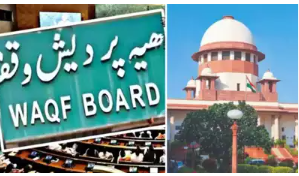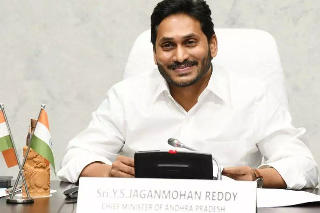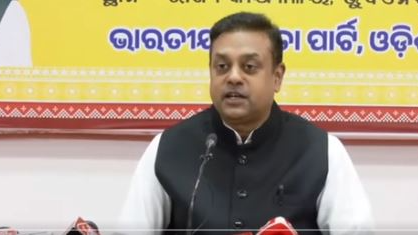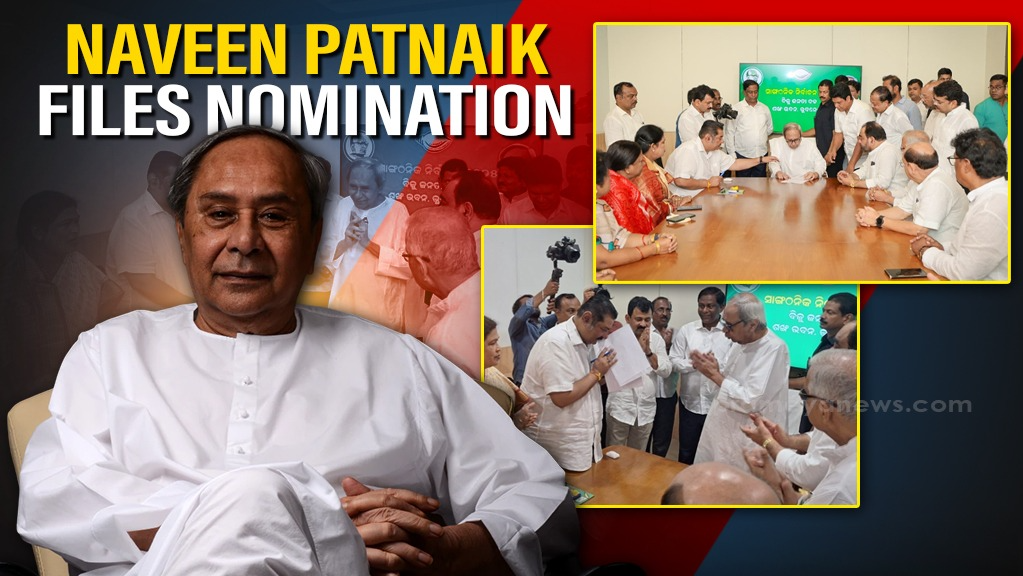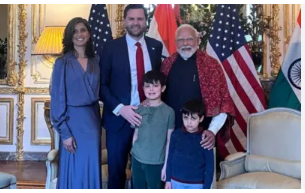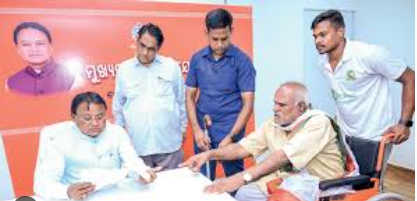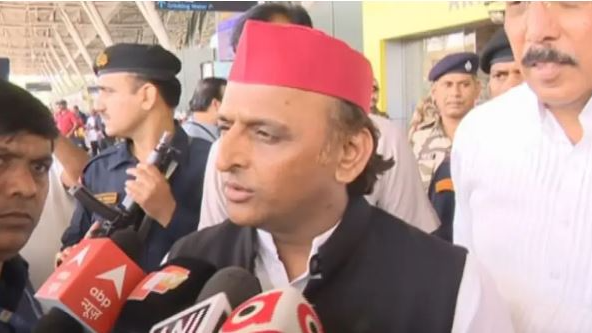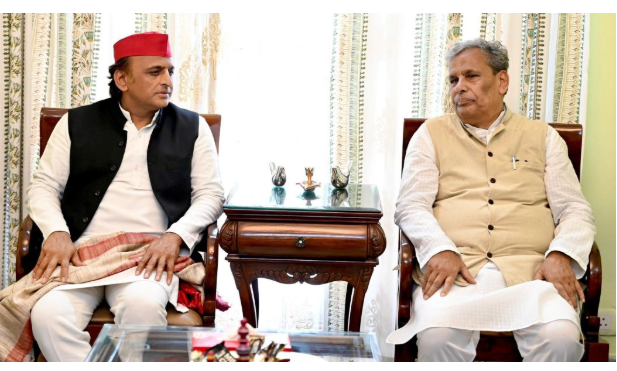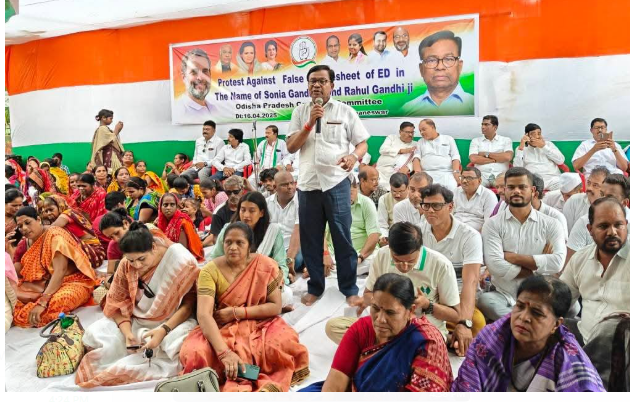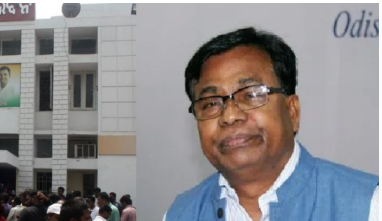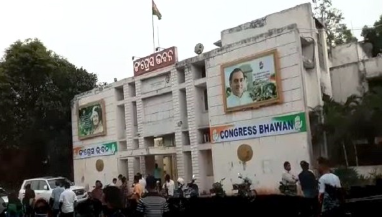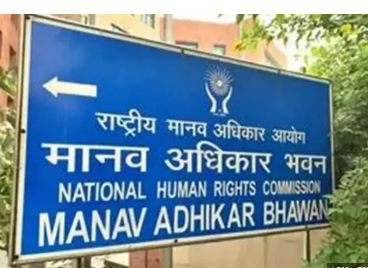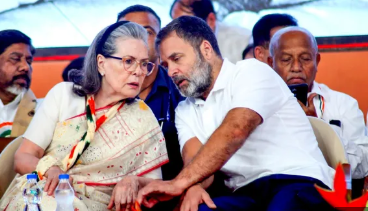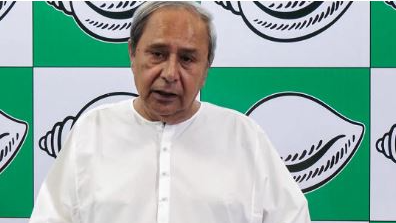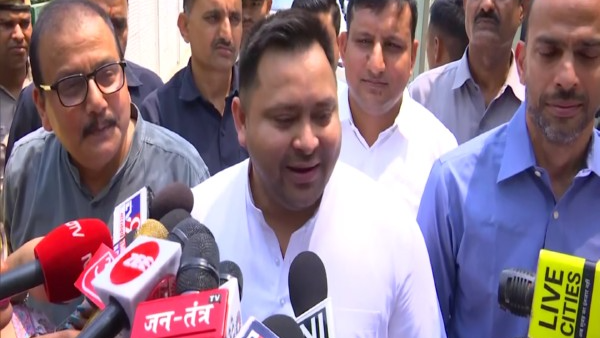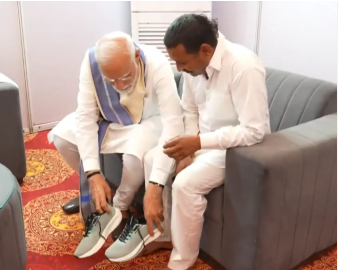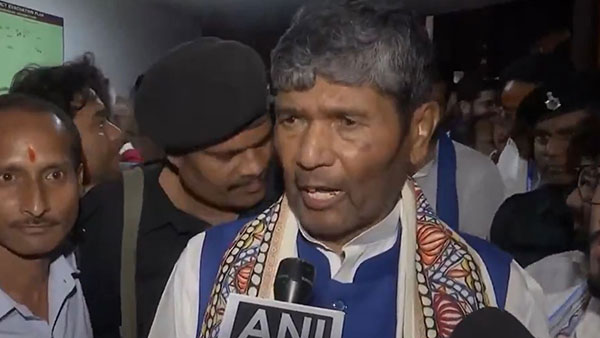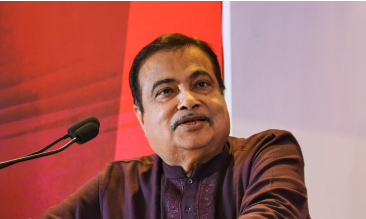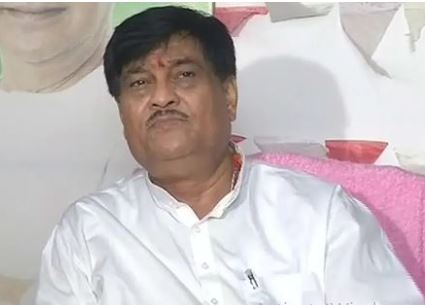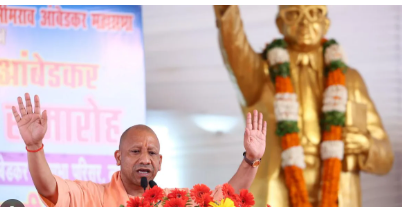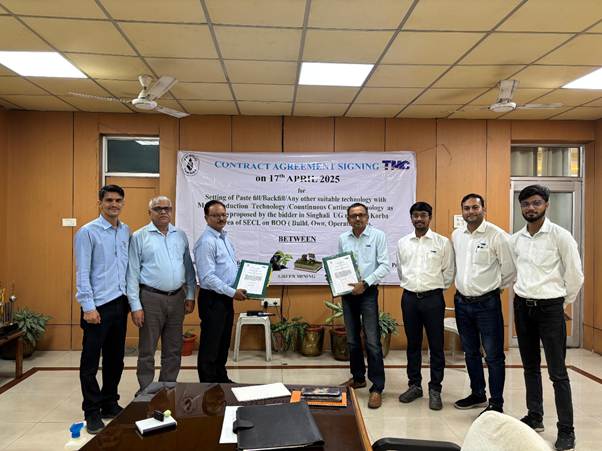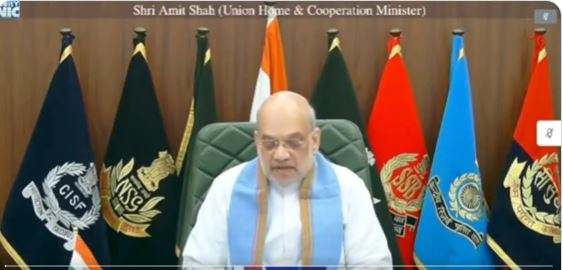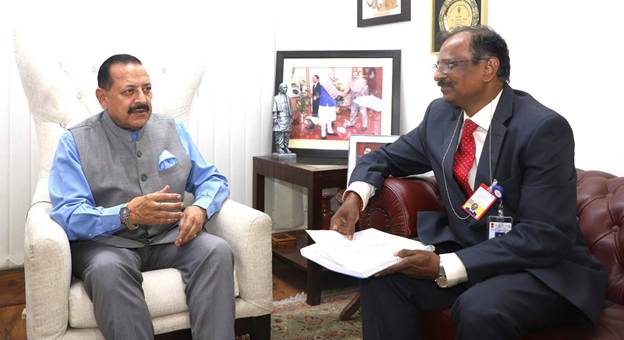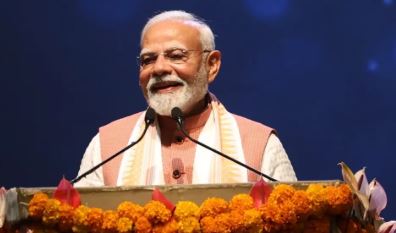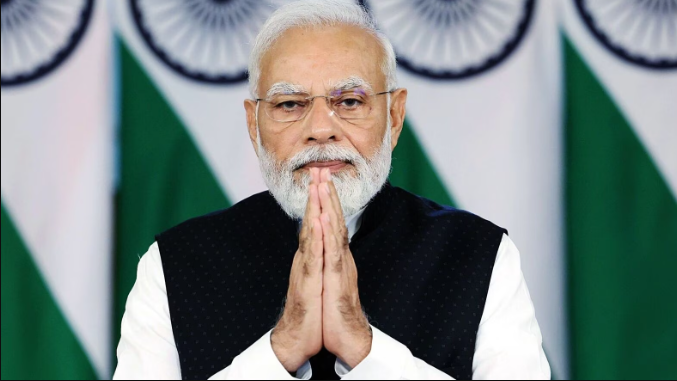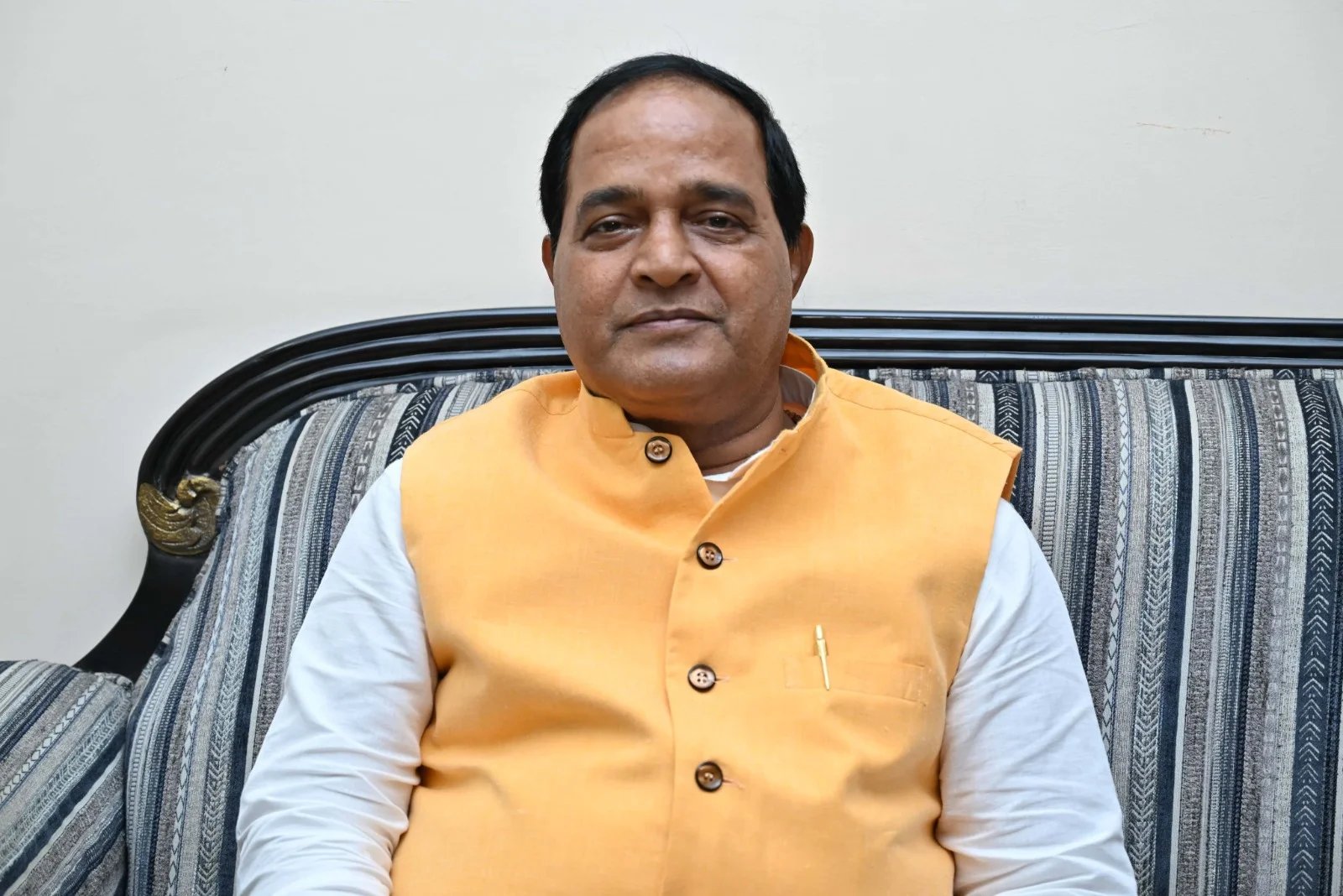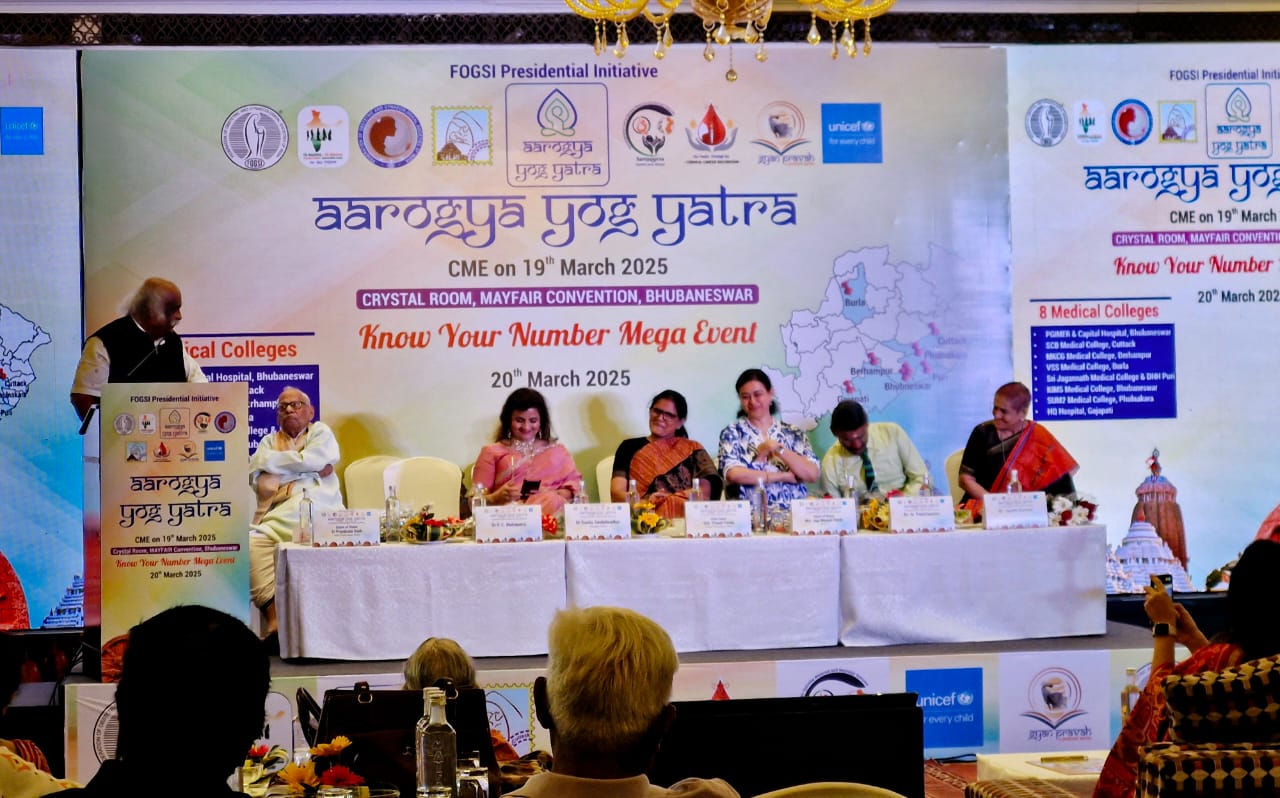New Delhi, April 16: The Supreme Court on Wednesday voiced concern over ongoing violence linked to protests against the Waqf (Amendment) Act, 2025. "One very disturbing thing is the violence that is taking place. Once the matter is before the court, it should not happen," observed a bench led by Chief Justice of India Sanjiv Khanna.
The bench, also comprising Justices Sanjay Kumar and K.V. Viswanathan, scheduled a further hearing on the batch of pleas challenging the constitutional validity of the amended Waqf Act for Thursday at 2 p.m. The court also hinted at passing an interim order on the matter.
During the hearing, the top court proposed that properties already declared as waqf by a court or through other means should not be denotified under the new amendment. It also suggested that the clause stating waqf property wouldn't be treated as such, while the Collector investigates government land claims, should be put on hold. Additionally, the court intends to order that only Muslim members (excluding ex-officio members) serve on waqf boards and the Central Waqf Council.
Solicitor General Tushar Mehta opposed any interim order without hearing the Centre’s side and requested time to file a response, suggesting the matter be heard daily if needed.
At the outset, the court sought clarity from both sides on whether the petitions should be heard by the Supreme Court directly or transferred to High Courts.
Multiple petitions have been filed contesting the amendments, with the Congress arguing that the Act undermines the Constitution's basic structure and promotes religious division. Congress MP Mohammad Jawed’s plea cites violations of Articles 14, 25, 26, 29, and 300A.
AIMIM leader Asaduddin Owaisi and several other petitioners — including civil rights groups, political leaders, and Islamic organizations — have also challenged the Act, calling the amendments arbitrary and unconstitutional.
The Centre has filed a caveat in the apex court to ensure no ex parte order is issued. Meanwhile, BJP-ruled states such as Haryana, Maharashtra, Madhya Pradesh, Rajasthan, Chhattisgarh, Assam, and Uttarakhand have backed the amended law in court.








